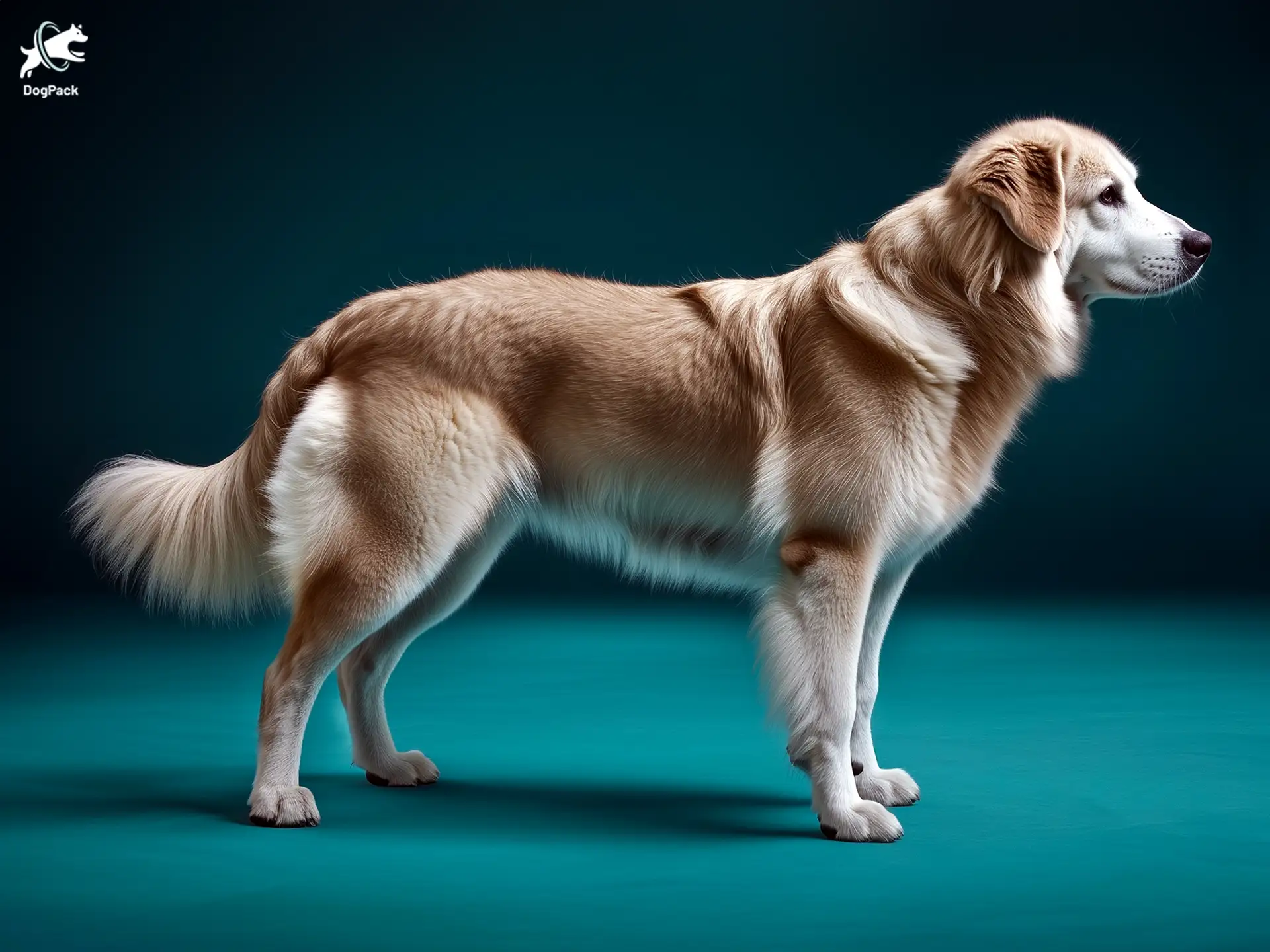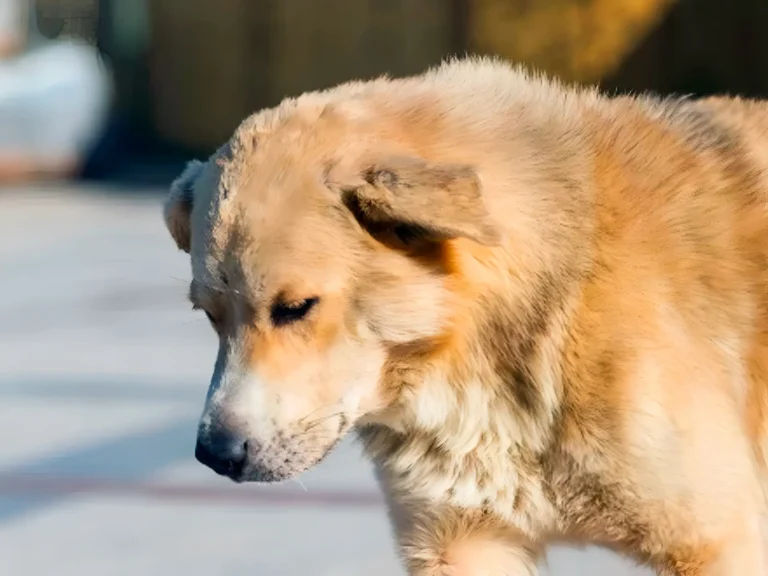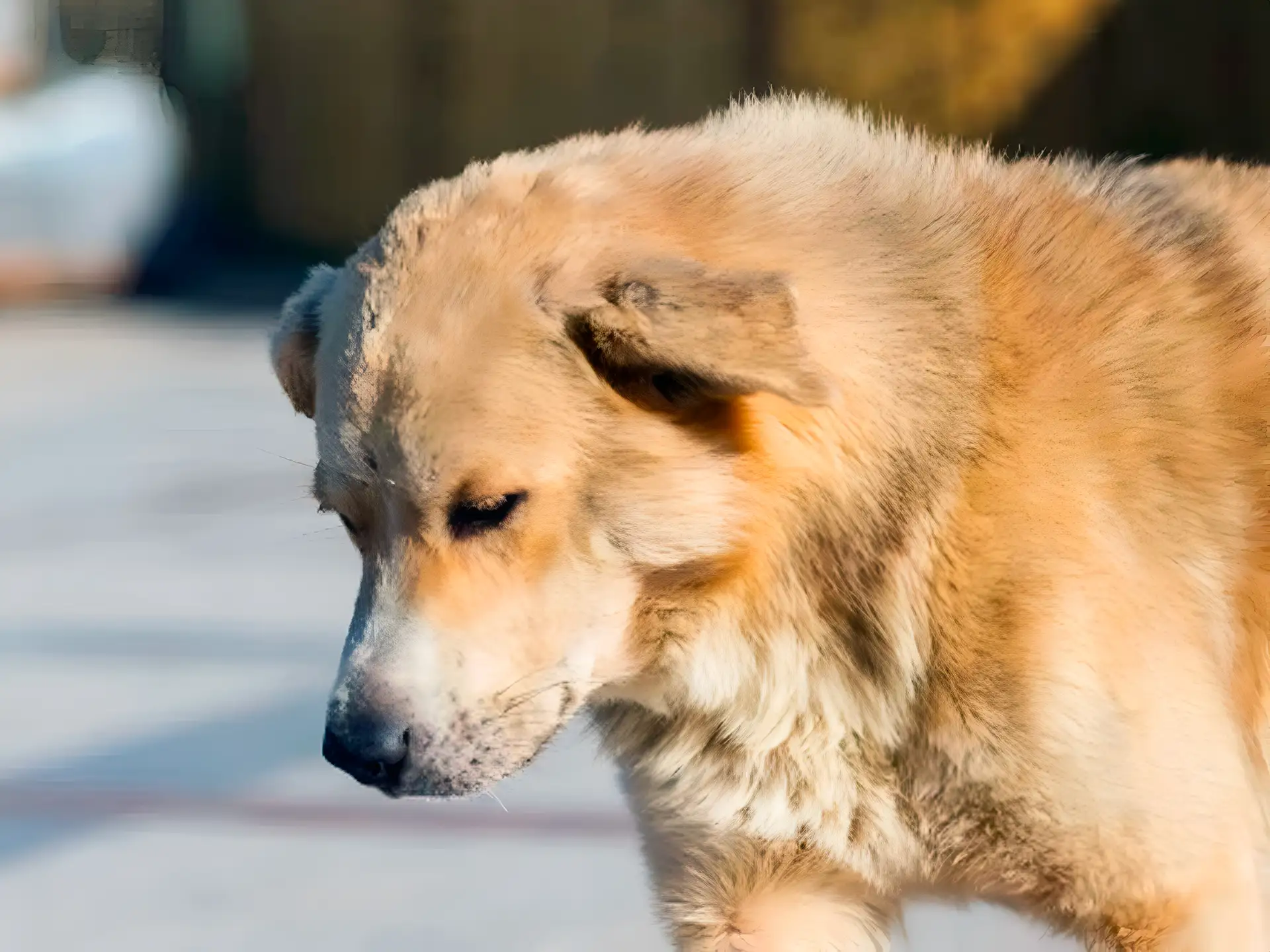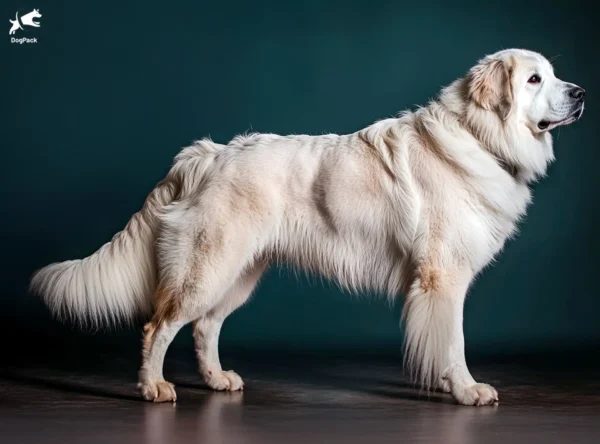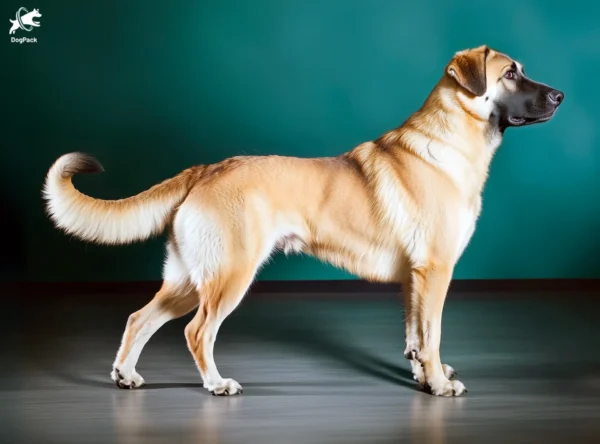Akbash Dog Breed Info & Overview
Ever heard of a dog that’s as majestic as it is protective? Meet the Akbash! Originating from Turkey, this large, white guardian is known for its loyalty and gentle demeanor with family. Let’s dive into what makes the Akbash so special.
Characteristics
Pictures
Breed History
The Akbash hails from the rural regions of Turkey, dating back over 3,000 years. Bred primarily as a livestock guardian, this breed was the farmer’s best friend, protecting flocks from predators. Fun fact: the name “Akbash” literally means “white head” in Turkish, highlighting their distinctive white coat.
Over centuries, the Akbash became renowned for its unwavering dedication to guarding livestock. Unlike herding dogs, Akbash dogs would blend in with the sheep, making it hard for predators to spot them. This stealthy protection made them invaluable to shepherds.
In the 1970s, the Akbash made its way to North America, thanks to dog enthusiasts who recognized their unique guardian qualities. Today, while still considered rare outside Turkey, the Akbash continues to win hearts with its loyalty and protective nature.
Temperament, Personality
The Akbash is known for its calm and steady demeanor. With family members, they’re affectionate and gentle—a true gentle giant. However, their protective instincts run deep, making them vigilant watchdogs.
Around children, the Akbash is typically patient and tolerant, but due to their size, supervision is recommended to prevent any accidental knocks. Early socialization is key to ensure they get along well with other pets, especially smaller animals.
Strangers might find the Akbash reserved or aloof. They’re not aggressive by default, but their guardian instincts mean they’re always assessing new people and situations. Proper training can help them distinguish between friend and foe.
Physical Characteristics
Standing tall between 28 to 34 inches, the Akbash is undeniably a large breed. Their muscular build is complemented by a sleek, white double coat that can either be short or medium in length.
One of their most distinctive features is their almond-shaped eyes, which exude intelligence and alertness. Their tails often have a slight curl, adding to their majestic appearance.
The Akbash’s white coat isn’t just for looks—it served a purpose. The color helped them blend in with the flock, providing camouflage against predators. Their strong legs and agile movements made them adept at patrolling vast terrains.
Health Issues
While the Akbash is generally a healthy breed, they are prone to certain health conditions. Hip dysplasia is a common concern due to their large size. Regular vet check-ups can help in early detection and management.
Another potential issue is gastric torsion or bloat. This serious condition affects deep-chested breeds like the Akbash. Feeding them smaller, frequent meals and avoiding vigorous exercise after eating can reduce risks.
They might also face osteosarcoma, a type of bone cancer seen in large breeds. Being aware of any limping or discomfort and consulting a veterinarian promptly is crucial for early intervention.
Grooming Needs
Good news for those wary of high-maintenance grooming—the Akbash’s coat is relatively easy to care for. A weekly brush is usually sufficient to keep their coat healthy and reduce shedding.
During shedding seasons, which occur twice a year, more frequent brushing might be needed to manage loose hair. Their white coat can show dirt, but they naturally repel dirt quite well.
Regular checks of their ears for debris, trimming their nails, and maintaining dental hygiene are essential parts of their grooming routine. Bathing is only necessary when they get particularly dirty.
Exercise Requirements
While the Akbash has moderate energy levels, they still require daily exercise to keep them mentally and physically fit. A couple of long walks or a secure area to roam and patrol would suit them well.
They aren’t typically fans of fetch or agility games, preferring instead to have a purpose, like guarding. Mental stimulation, such as puzzle toys or training exercises, can also keep them engaged.
Remember, the Akbash thrives in spacious environments. Apartment living isn’t ideal for them, as they need room to stretch their legs and satisfy their guardian instincts.
Training Tips
Training an Akbash requires patience and consistency. Their independent nature, stemming from their guardian heritage, means they might not always be eager to follow commands.
Positive reinforcement works best. Reward-based training with treats and praise can motivate them. Starting training early, especially socialization, will help them become well-rounded adults.
It’s also beneficial to expose them to various environments, people, and animals during their formative months. This reduces the likelihood of overprotectiveness or unwarranted suspicion later on.
Nutrition, Diet
Feeding an Akbash requires attention to their specific dietary needs. A high-quality, large-breed dog food is recommended to support their growth and joint health.
Portion control is vital to prevent obesity, which can exacerbate hip dysplasia. Dividing their food into two meals per day can help manage their digestion and reduce the risk of bloat.
Incorporating foods rich in omega-3 fatty acids can benefit their coat and skin. Always ensure fresh water is available, and consult with a veterinarian to tailor their diet to any specific health needs.
Adoption, Breeders
If you’re considering adding an Akbash to your family, it’s essential to connect with reputable breeders who prioritize health and temperament. The Akbash Dog Association of America is a valuable resource for finding trusted breeders.
Adoption is also a noble route. Organizations like Akbash Rescue specialize in rehoming Akbash dogs in need of a loving home.
Always ensure you’re getting your Akbash from sources that prioritize the well-being of the dogs, providing health clearances and transparent histories.
Family Pet?
The Akbash can make a wonderful family pet for the right household. Their loyalty and protective nature mean they’ll watch over loved ones diligently.
They get along well with children, especially when raised together. However, due to their size and strength, interactions with small kids should be supervised.
Other pets can coexist peacefully with an Akbash if introduced properly. Early socialization plays a crucial role in fostering harmonious relationships within the household.
Right For You?
If you have a spacious living environment and appreciate a dog with guardian instincts, the Akbash might be your ideal companion. They’re best suited for owners who understand their independent nature.
Urban living or apartments might not meet their needs. They thrive when they have a role to play, especially in rural settings where they can watch over property or livestock.
Ultimately, if you’re seeking a loyal, protective, and majestic dog, and you’re prepared to meet their specific needs, the Akbash could be the perfect match.
Conclusion
The Akbash is more than just a dog—it’s a devoted guardian with a rich history. Their blend of loyalty, intelligence, and protective instincts make them a unique addition to the right home. If you’re ready to welcome a gentle giant who will watch over your family with unwavering dedication, the Akbash awaits.
FAQs
-
Is the Akbash good with other animals?
The Akbash can get along with other animals, especially if socialized early. Their guardian instincts mean they often protect livestock, but introducing them slowly to household pets is key.
-
How much space does an Akbash need?
Akbash dogs thrive in large, open spaces where they can roam and patrol. They’re best suited for homes with large yards or rural properties.
-
Do Akbash dogs bark a lot?
They are generally quiet but will bark to alert their owners of perceived threats. Their barking is more about communication than habit.
-
What is the average cost of an Akbash puppy?
Prices can vary, but Akbash puppies from reputable breeders typically range from $600 to $1,200, depending on lineage and location.
-
Are Akbash dogs hypoallergenic?
No, the Akbash is not hypoallergenic. They shed moderately, which can affect those with allergies.
Breed Ratings
The Akbash is intelligent and can learn quickly, especially when motivated.
They enjoy playtime but are more serious due to their guardian nature.
Moderate energy levels; they appreciate activity but also enjoy lounging.
Moderate shedding, especially during seasonal changes.
Low prey drive, as they’re bred to protect rather than hunt.
Their coat requires minimal grooming—weekly brushing suffices.
Trainable but can be independent; consistent training is essential.
Comfortable being alone, especially when guarding property.
Not overly vocal; they bark when necessary.
Minimal drooling compared to other large breeds.
Can be friendly with other dogs if socialized early.
Generally healthy but watch for large-breed health issues.

